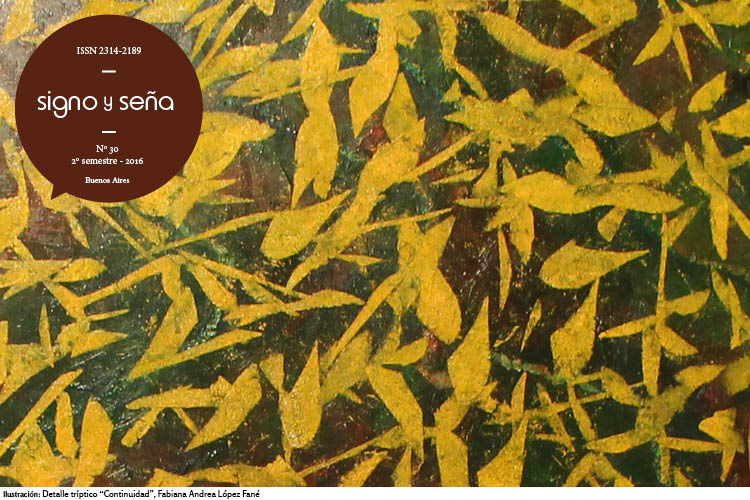La ley de lenguas en el Paraguay: ¿un paso decisivo en la oficialización <i>de facto</i> del guaraní?
Keywords:
Guarani, official language, language legislation, language policy, standardization
Abstract
Efforts to standardize the Guarani language, both from the social as well as from the corpus perspectives, have been carried on for over a century without having achieved the desired effect: its officialization de facto. Despite its de jure officialization in 1992, followed by its inclusion as a language or instruction in the education system, the Guarani language remains mostly for oral use. However, with the enactment of the Law of Languages in 2010, legal and institutional conditions are laid for the Guarani language to become an official and working language in all social areas. The aim of this paper is to provide a thorough overview of the efforts deployed to raise the status and expand the use of Guarani. Following a brief historical overview of the main legislative actions taken to achieve changes about the status of Guarani in Paraguayan society, this work will examine the ideological nature of the positions and arguments that marked the constitutional and parliamentary debates. The second section includes a summary of the Law of Languages from a perspective that compares the place that Guarani occupies with respect to other languages. Finally, the last section is comprised by a description of the two bodies that were established by the Law of Languages and an analysis of some of their lines of actions.Downloads
Download data is not yet available.
How to Cite
Penner, H. (1). La ley de lenguas en el Paraguay: ¿un paso decisivo en la oficialización <i>de facto</i> del guaraní?. Signo & Seña, (30), 108-136. https://doi.org/10.34096/sys.n30.3040
Issue
Section
Articles
- Authors keep the copyright and give the journal the right of the first publication, with the work registered with the Creative Commons Attribution-ShareAlike 4.0 International License, which allows third parties to use what is published whenever they mention the authorship of the work and the first publication in this magazine.
- Authors can make other independent and additional contractual agreements for the non-exclusive distribution of the article published in this journal (eg, include it in an institutional repository or publish it in a book) as long as they clearly indicate that the work It was published for the first time in this magazine.
- Authors are allowed and recommended to publish their work on the Internet (for example on institutional or personal pages).

















